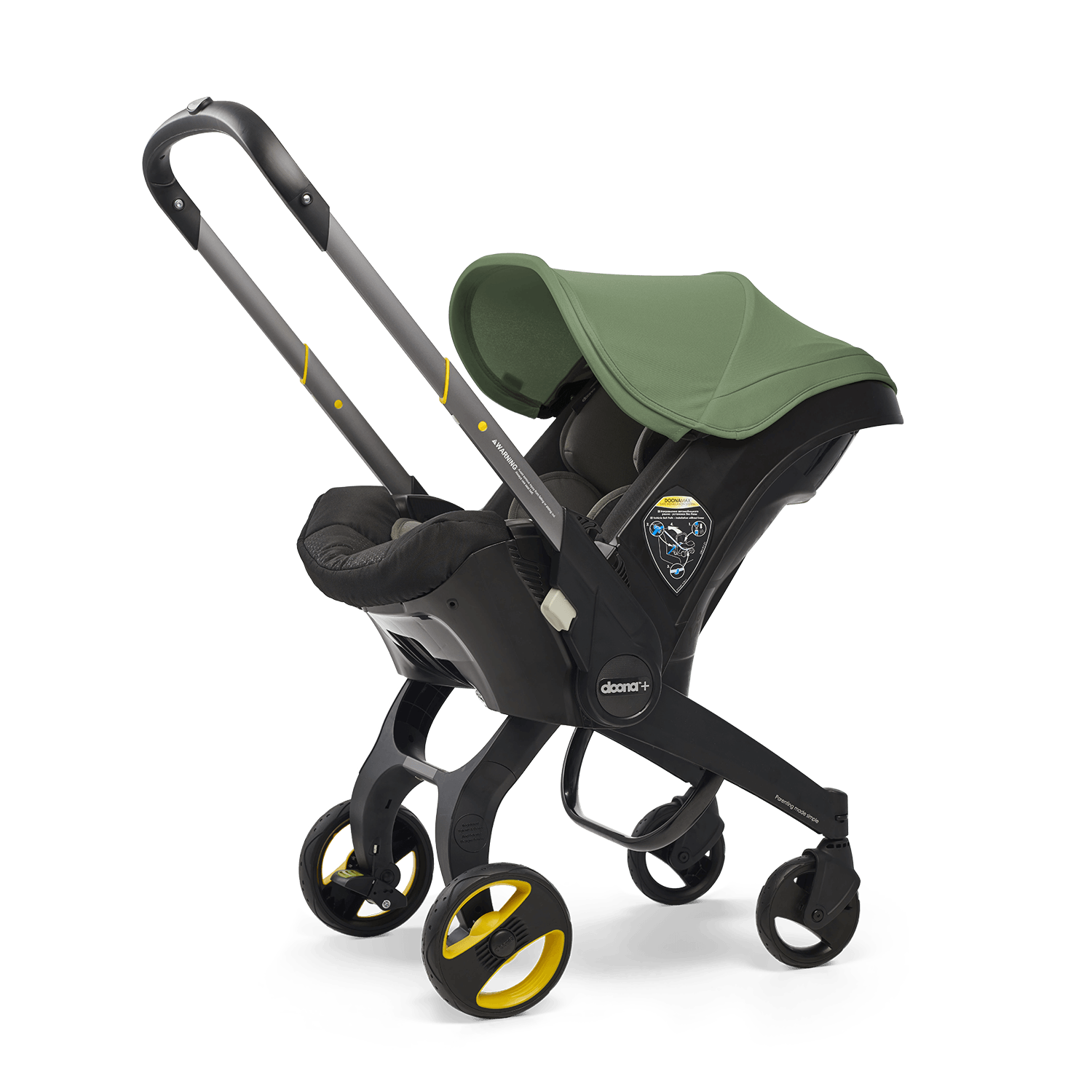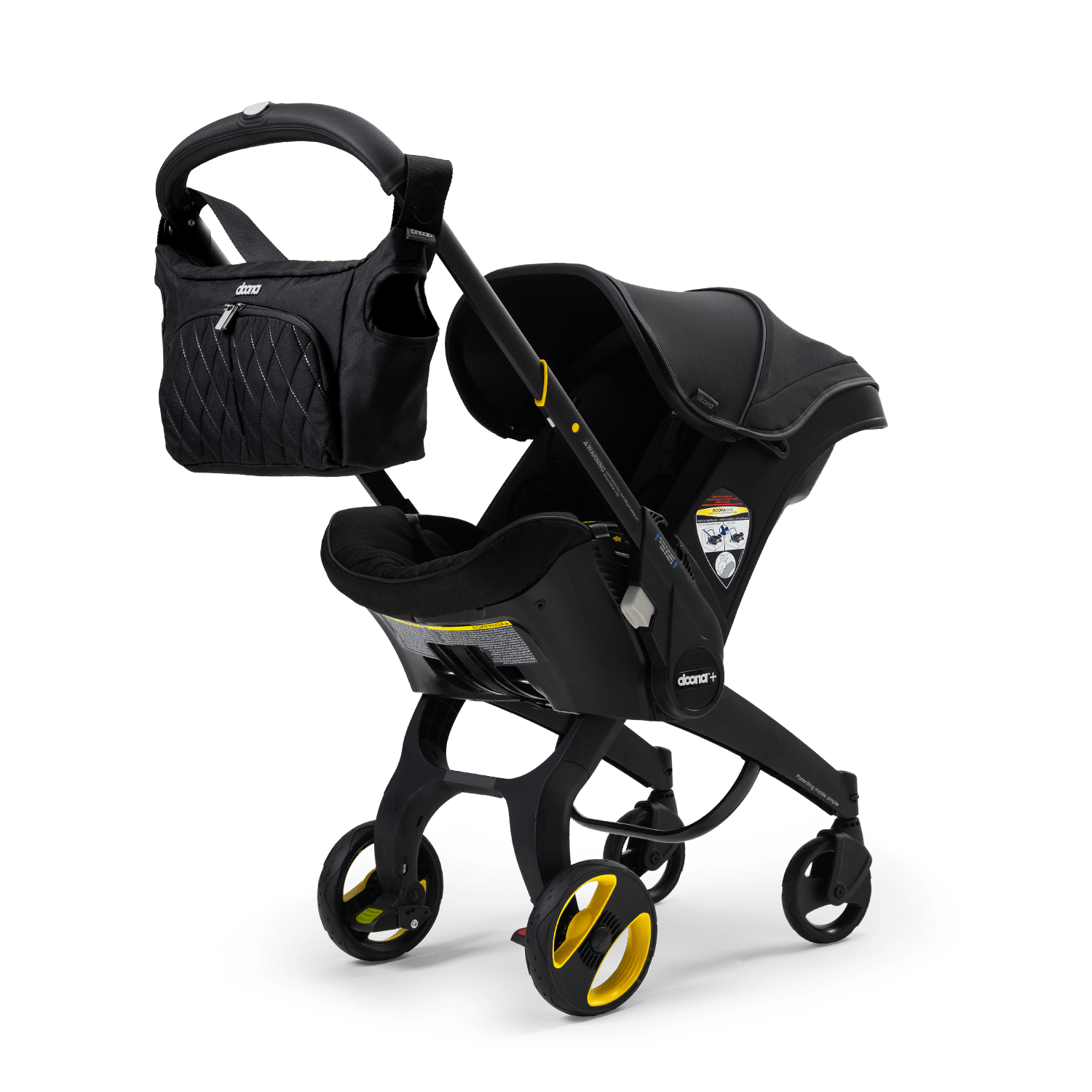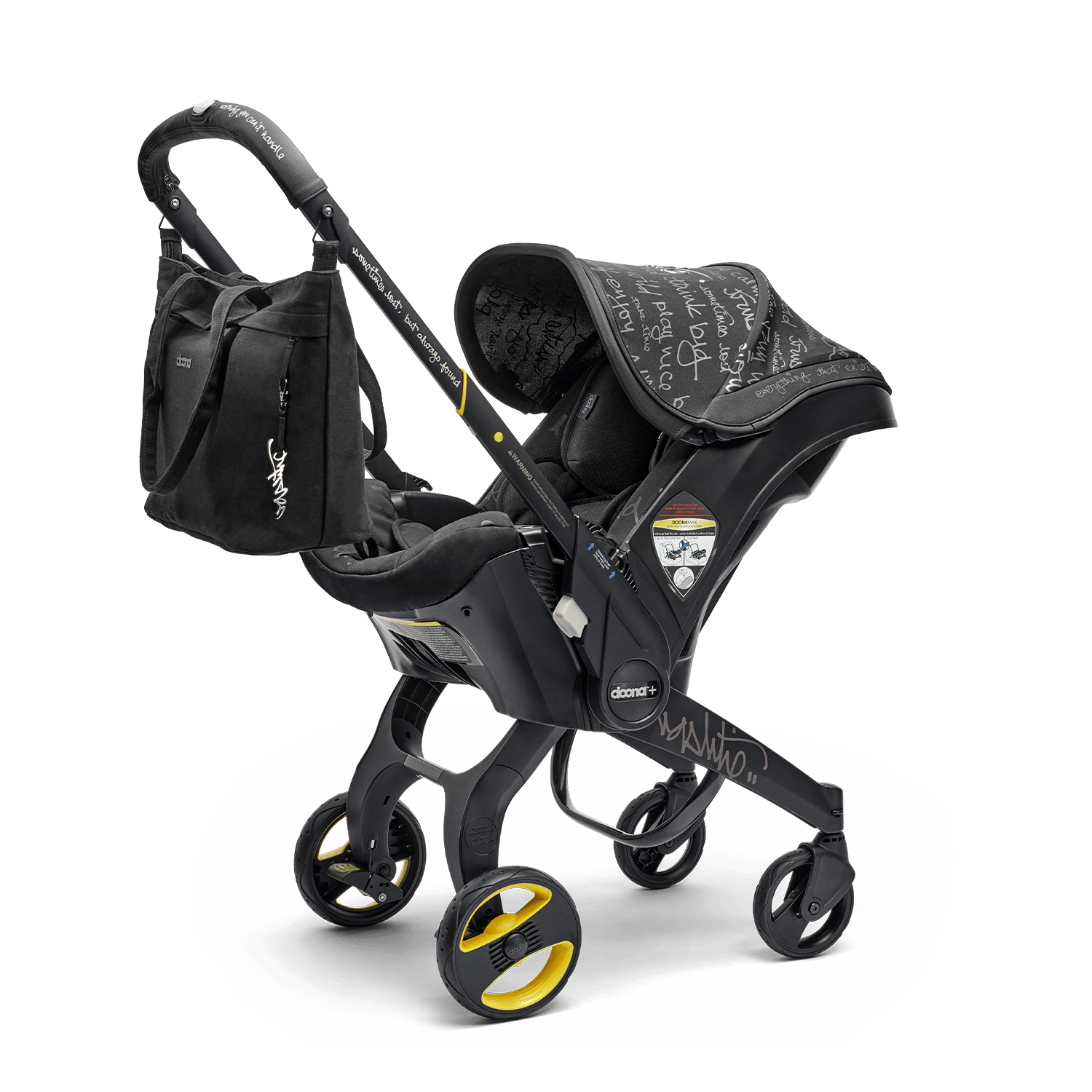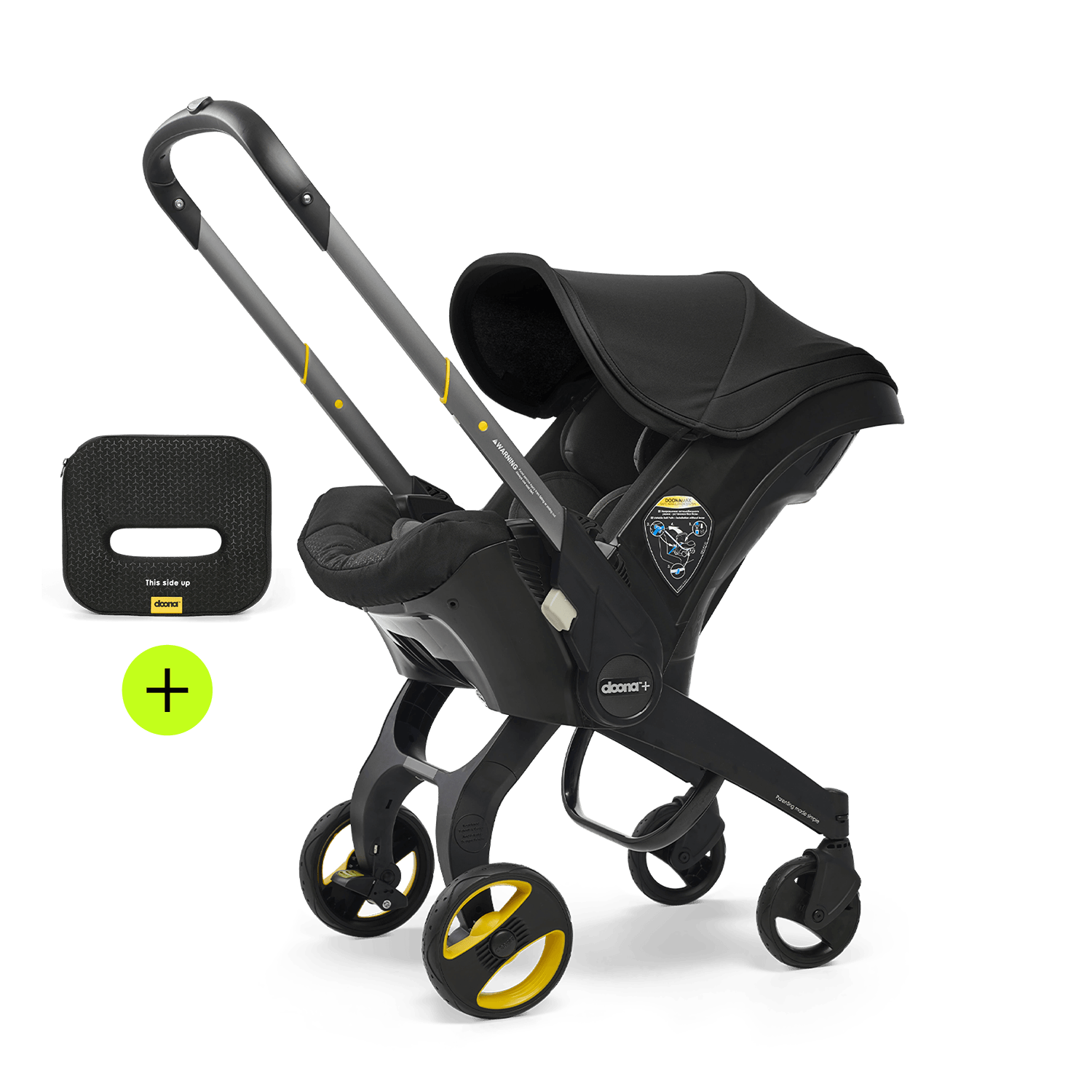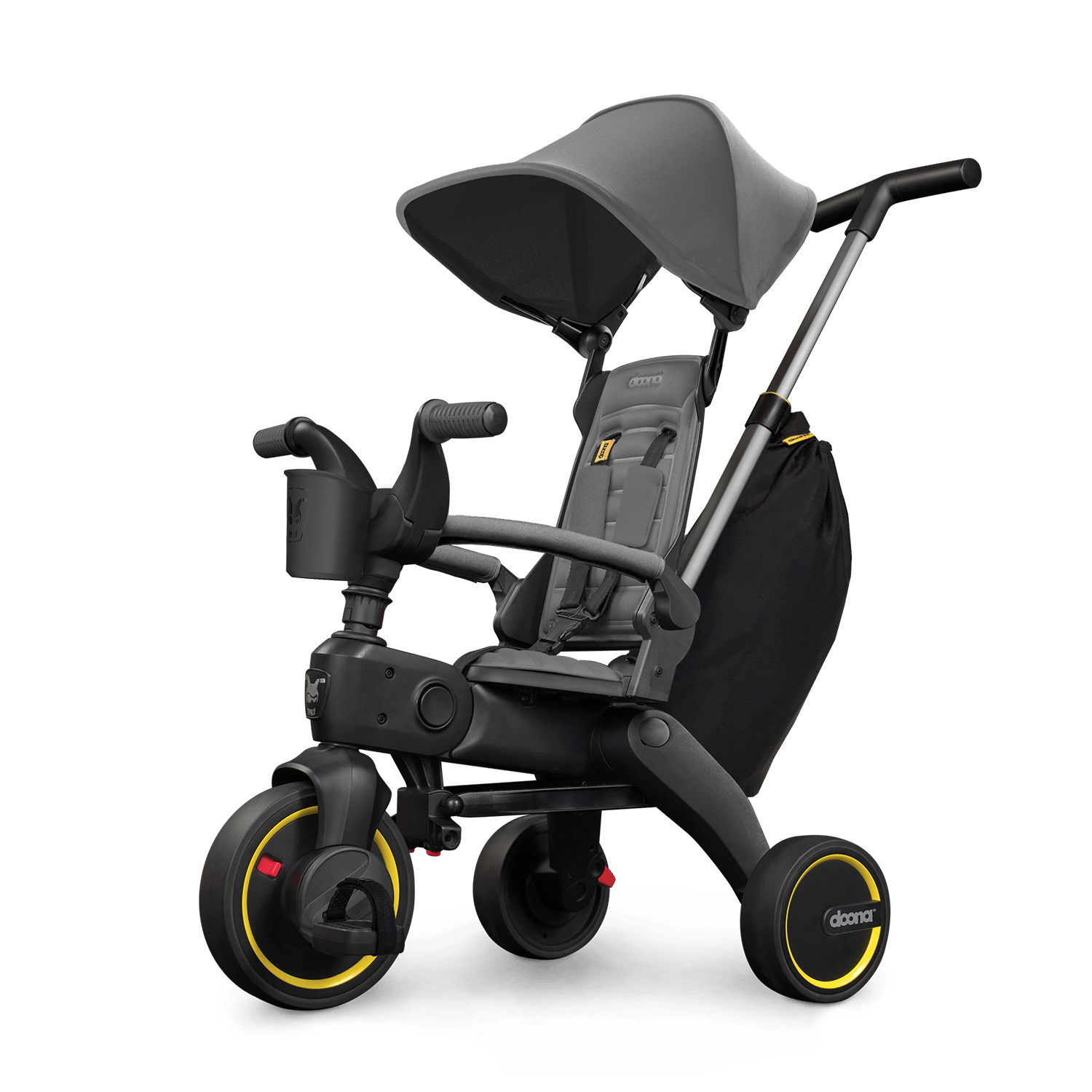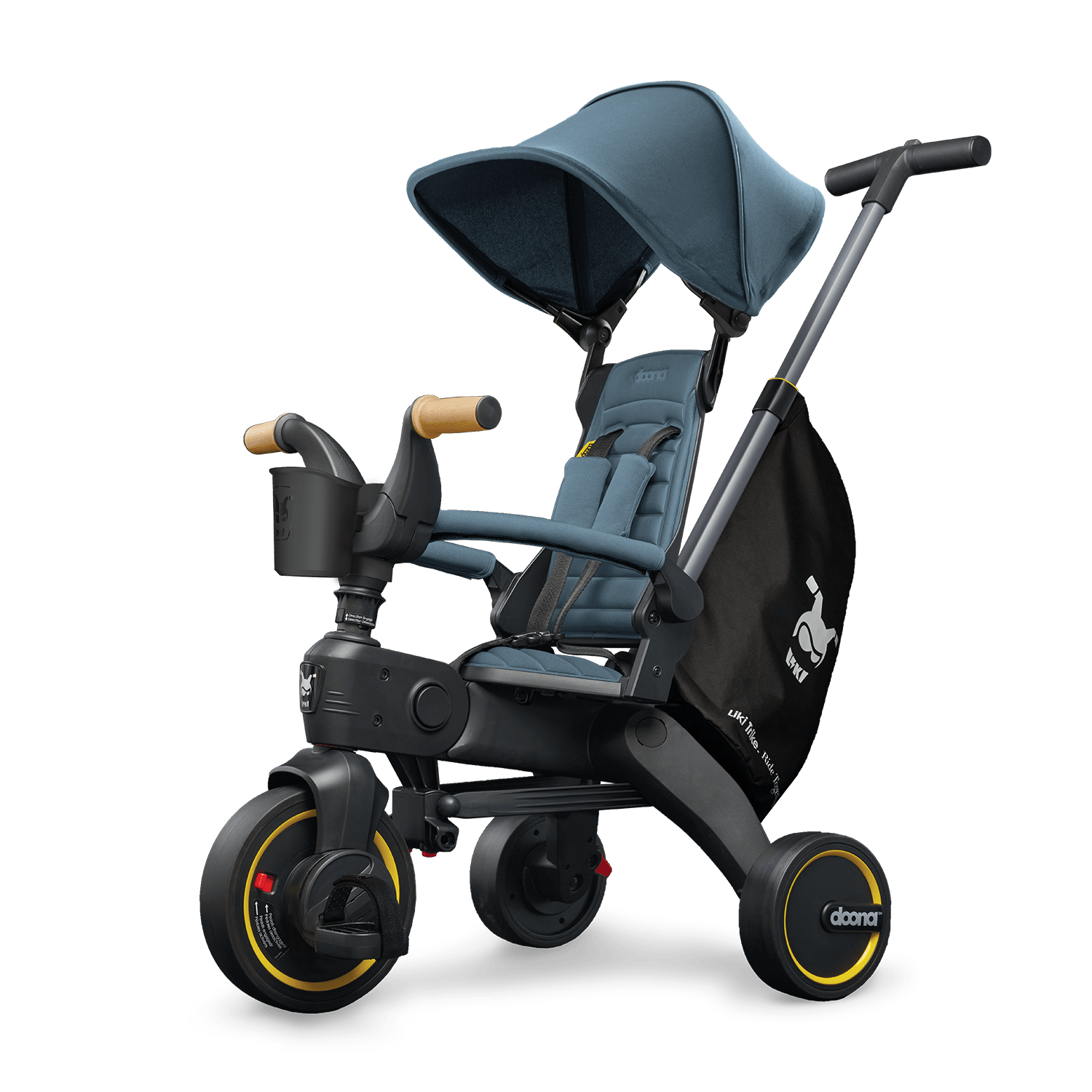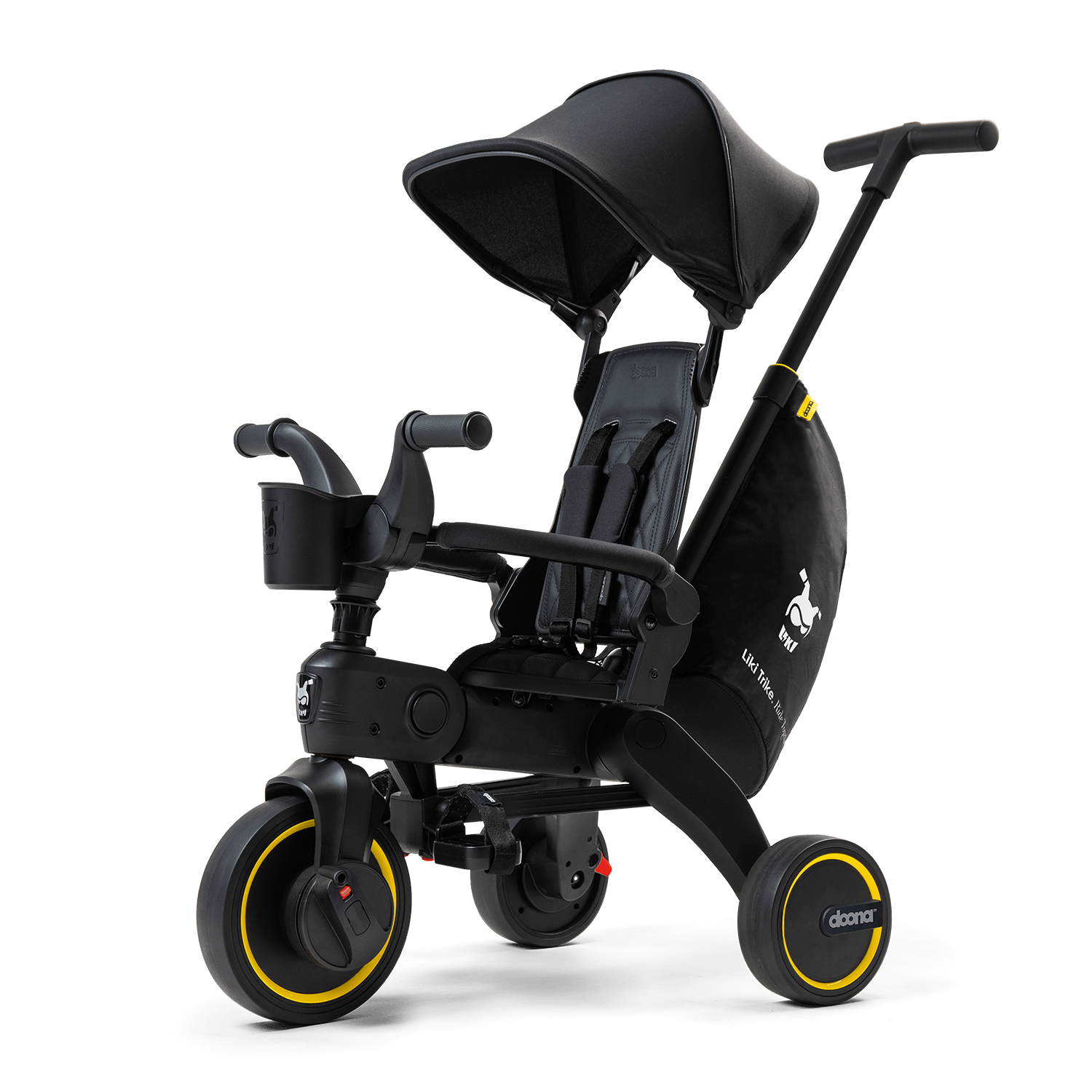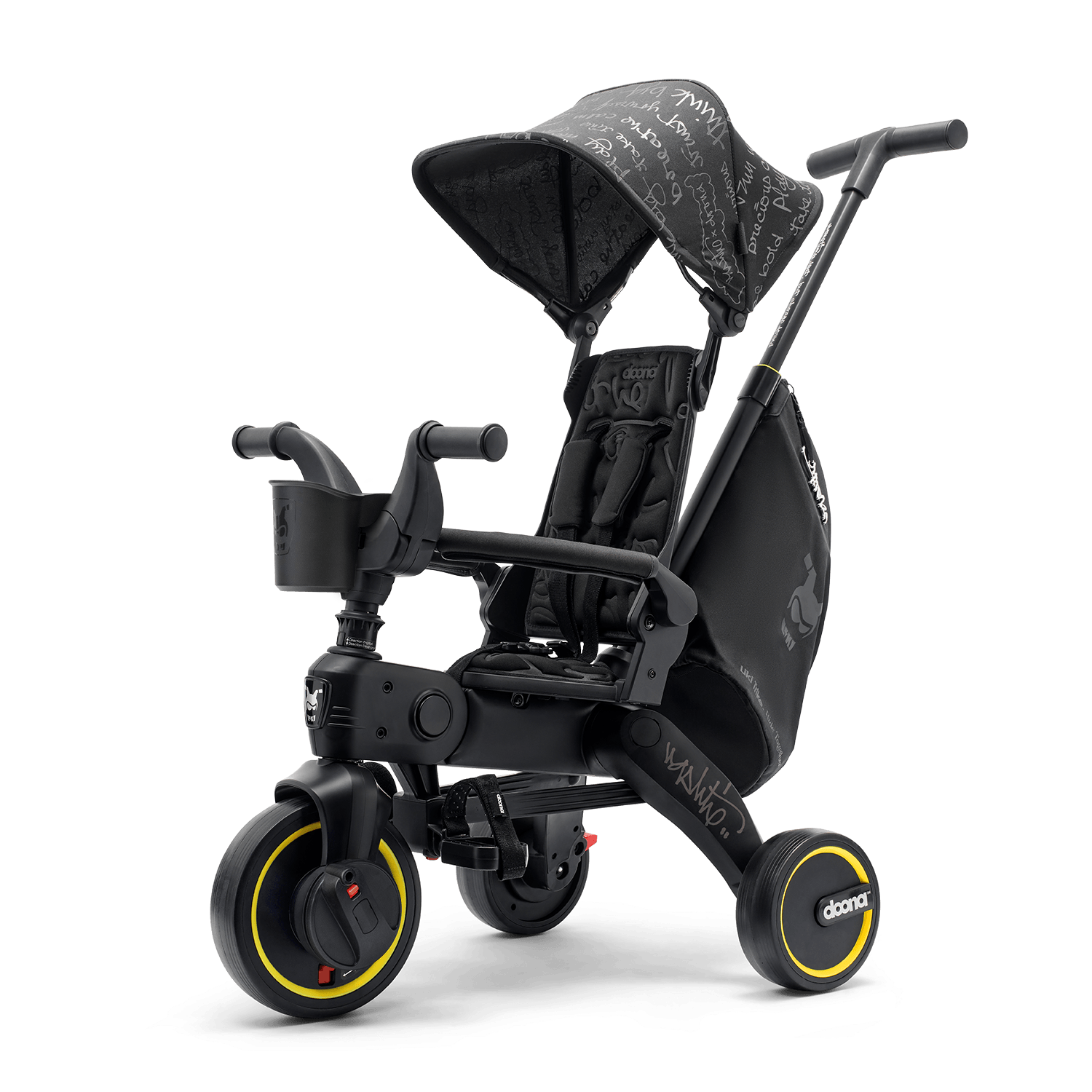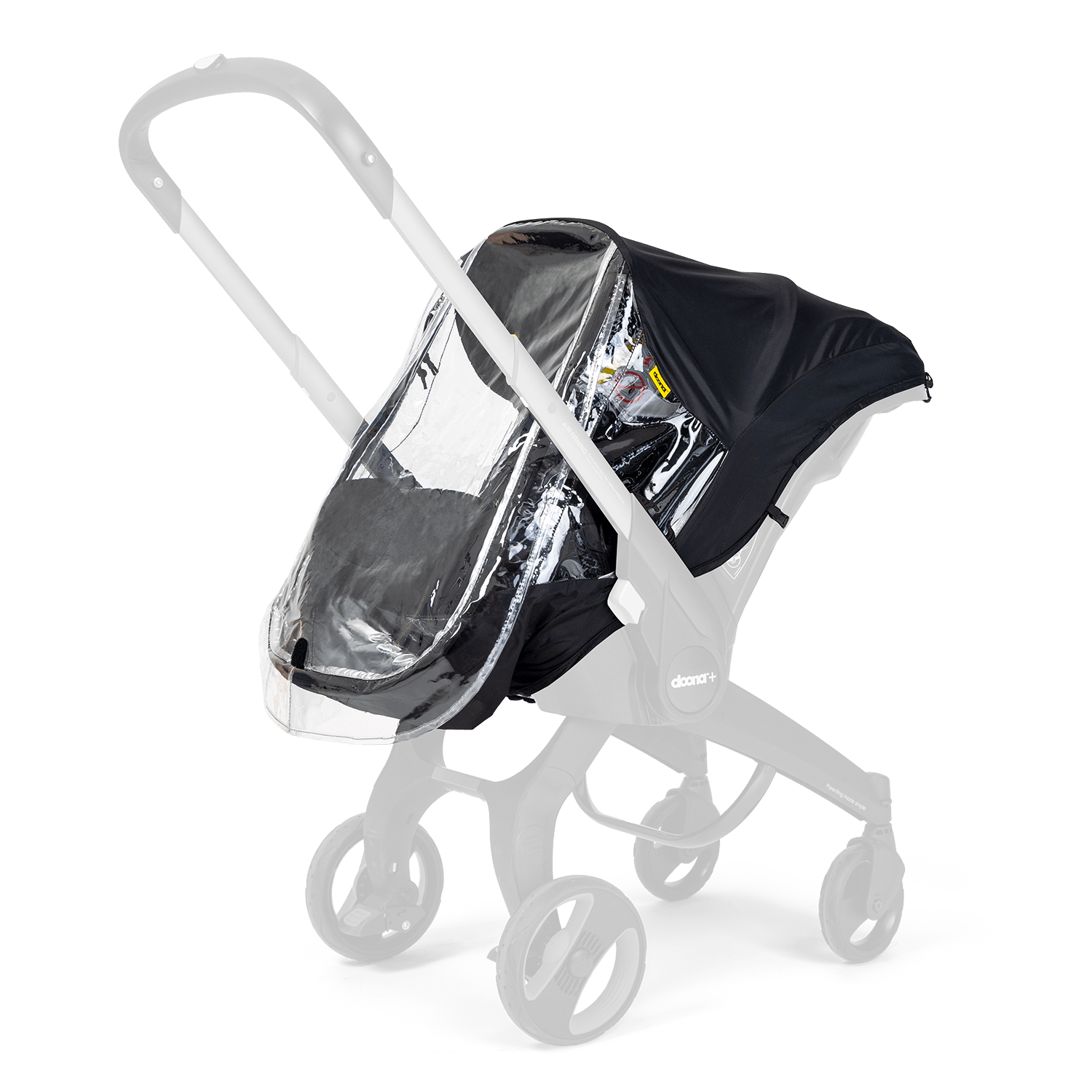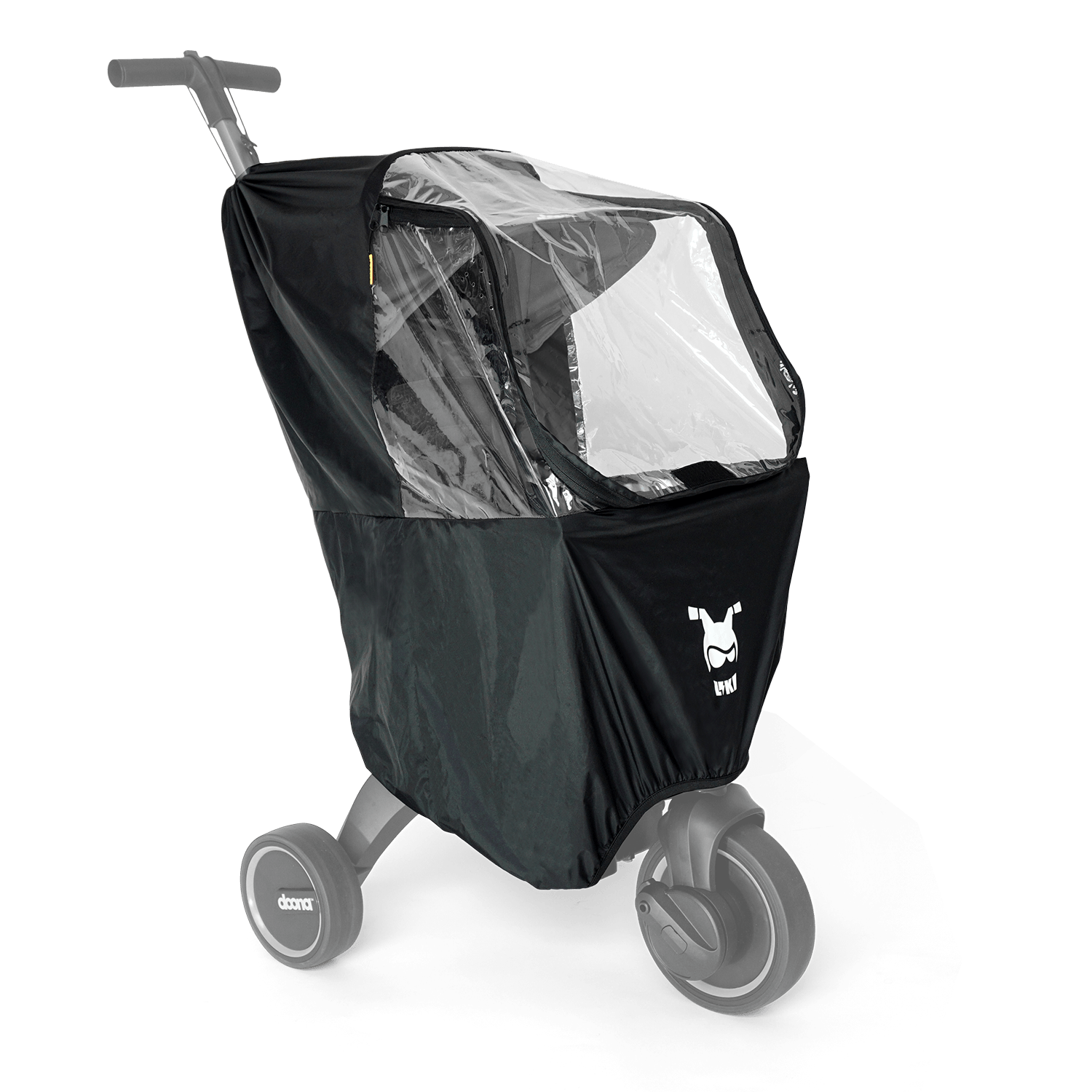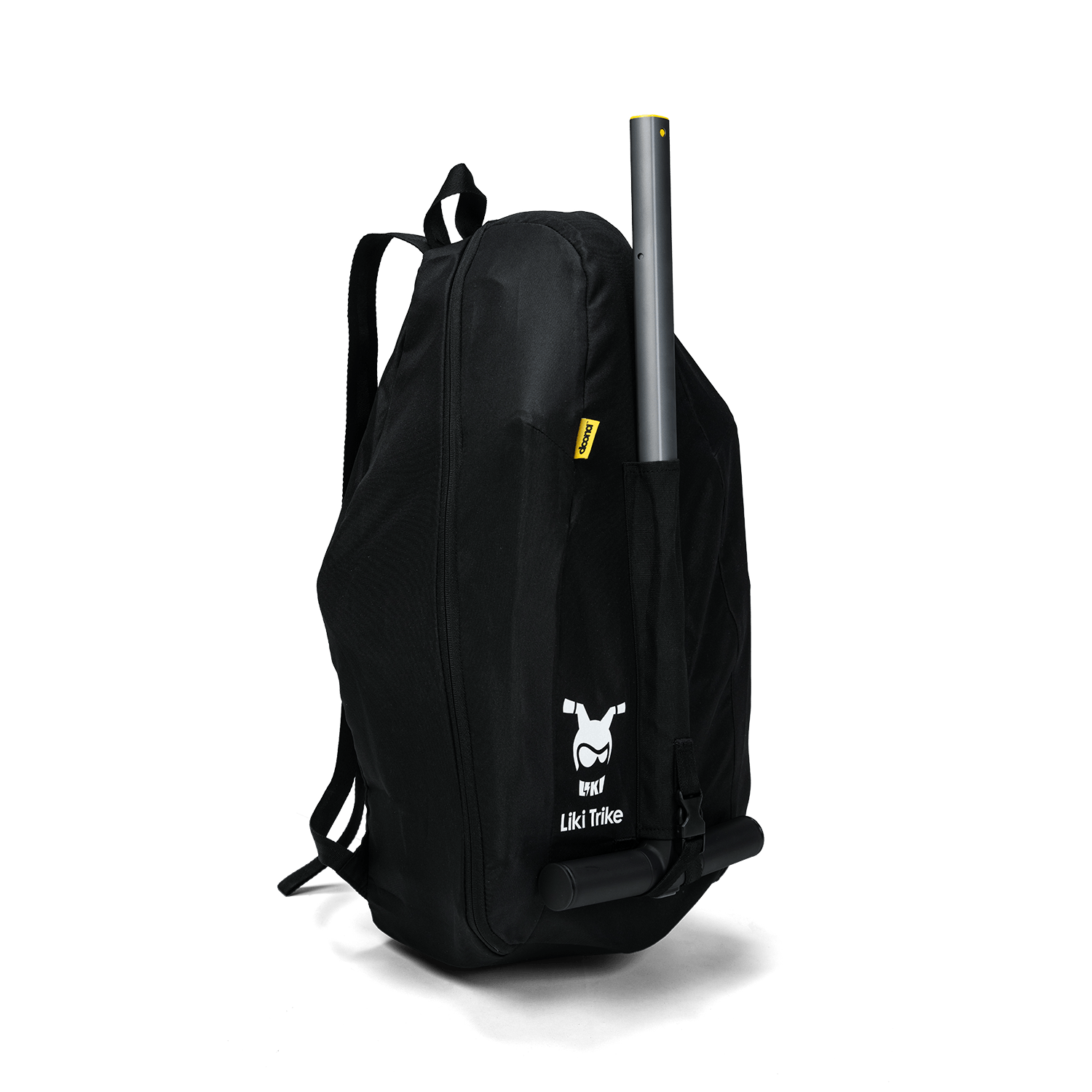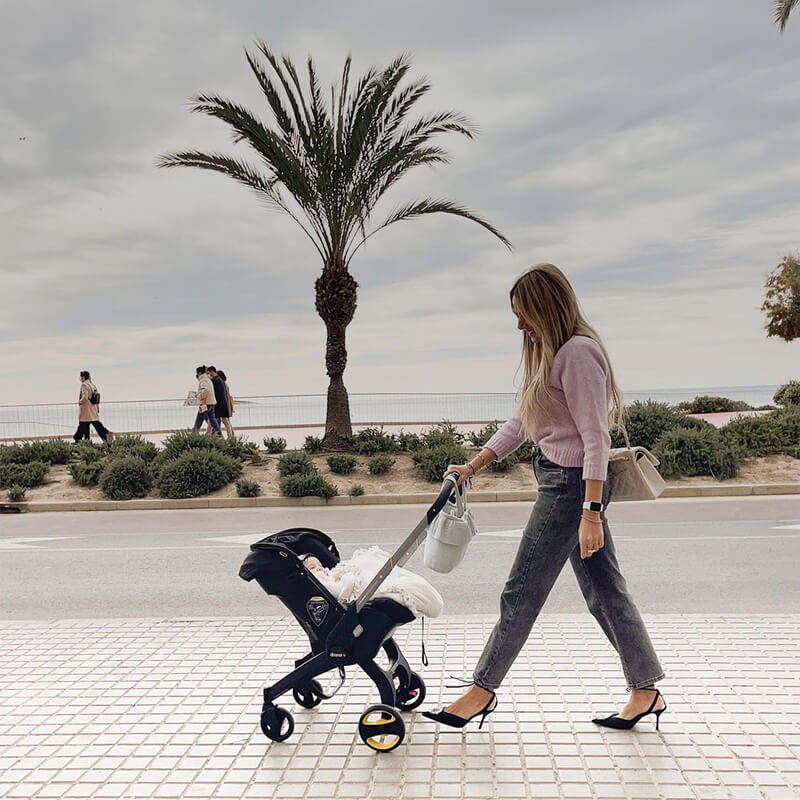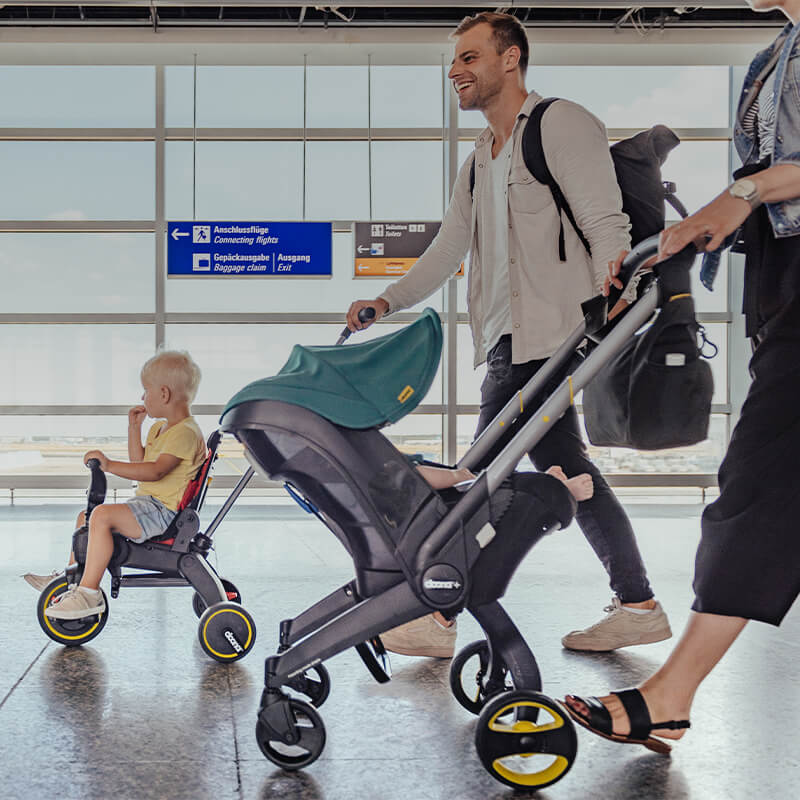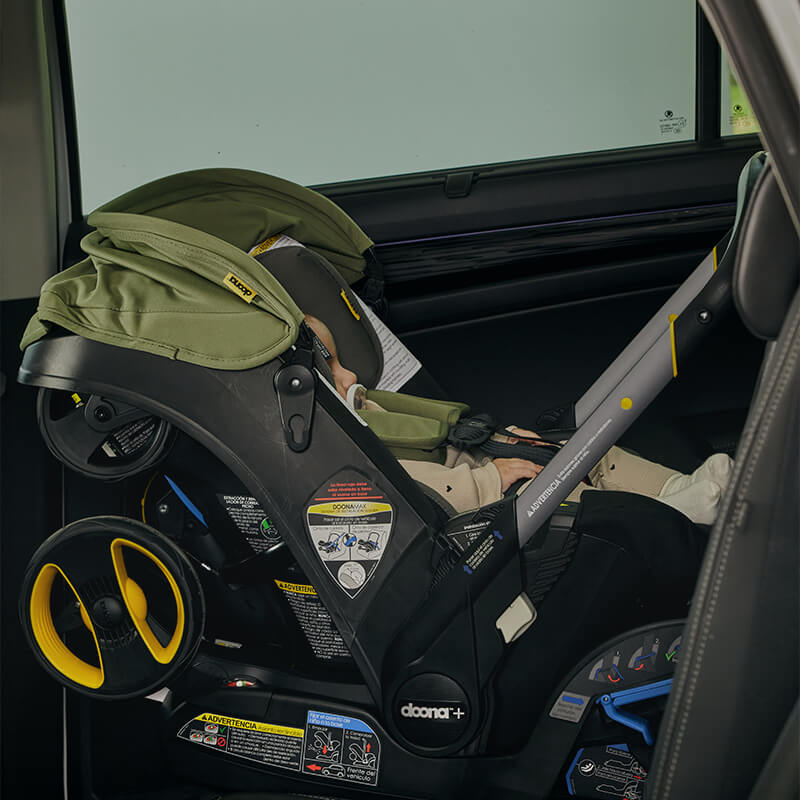Baby sleep regression: What it is and how to survive it
You finally feel that you have conquered a major parenting obstacle and that the sleepless nights of the newborn are behind you. Both you and your baby are sleeping soundly through the night, and then you are suddenly faced with constant night waking and shorter or non-existent naps. This is known as sleep regression. A common occurrence and a sign that the infant is growing and developing, a sleep regression is a period or phase of time when a baby suddenly has trouble settling down for sleep or wakes up fussing in the middle of the night.
What are the signs of sleep regression?
Typically around four months, changes in sleeping habits can signal a sleep regression. Some of the most common signs include not falling asleep at bedtime, repeatedly awakening during the night, shorter or skipped naps, resisting naps, increased fussing and crying, and appetite change. Some parents have found that sleep regression can occur between 4 and 7 months of age; usually, this is when babies become more active, like learning how to crawl or walk.
How to deal with regression?
Take a deep breath and remember that sleep regression is temporary and common. There is no way to prevent it, so following a bedtime routine and sleep schedule can help reduce the likelihood of sleep struggles. If the sleep regression is lasting longer than a month, your child has a fever or is more restless than usual, call your pediatrician or doctor to provide advice on how to get them back on track with their sleep routine.
How to help a child cope with sleep regression
• The 4-month sleep regression usually coincides with the time babies start to learn to roll over. Your child works hard to learn new skills and may be so eager to comprehend that they try to exercise at night, which can, unfortunately, lead to sleep disturbance. Give your child time to master these skills during the day, and just before bed at night, wind them down with cuddling, rocking, a book, or softly singing.
• Feed your baby well throughout the day. Eating well during the day and just before bed can prevent wake-up associated with hunger. At this age, kids are incredibly interested in the world around them, and perhaps the only thing they can be distracted by is feeding. Try not to feed the baby if he starts crying at night. In the future, children can expect this reaction every time they wake up.
• Set your daily routine. Consistency is key. Your baby thrives on a good schedule, and it is easier to calm your baby down for sleep for every nap and bedtime because they will know what to expect. It can also be helpful to establish bedtime cues to help your baby understand it's time to sleep, including lullabies, reading a story, playing soothing, and more.
• Keep the room dark. Newborns respond to light because it tells them it's time for activity. So at bedtime, black out the nursery; babies sleep best in a quiet and calm environment. It will also serve as another cue for your baby to know it's time to sleep.
• Allow your baby to self-soothe. If your baby starts crying, give them a few minutes to cry it out before immediately running over to respond. They may self-soothe themselves to sleep. If not, enter the room, and try patting their head and tummy or rocking them to bed.
Ultimately, sleep regression is another parenting hurdle you will overcome. You may experience a few sleepless nights, but the regression should be temporary and manageable. Give your baby extra love and care, but don’t forget to give yourself some much-needed TLC. We hope our tips and tools will help you through this challenging phase.
At Doona, we’re dedicated to making parenting simpler, easier, and more enjoyable. That’s why we created innovative and functional travel baby products like our Doona Car Seat & Stroller, the fully integrated travel system that transforms in a click, and Liki Trike, the most compact folding tricycle on the market. Check out our parenting tips for more tips, advice from industry experts and parents, and more. Sweet dreams!
